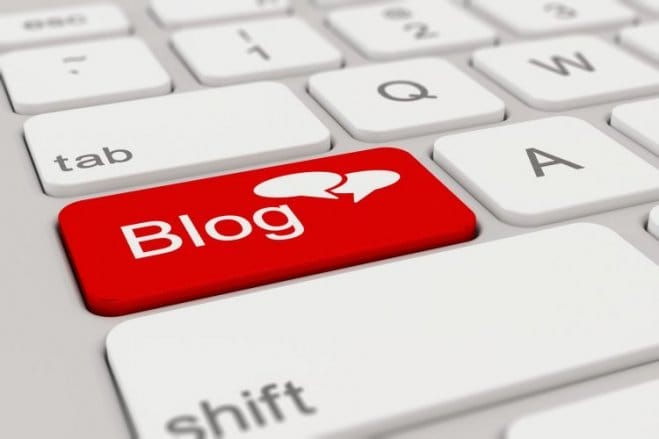What did Dutch voters really vote against?

On April 6th, Dutch voters were invited to vote on the following question: „Are you for or against the Approval Act of the Association Agreement between the European Union and Ukraine?”. Despite the nebulous tone of the question and the surprising choice of topic for a direct consultation, as confirmed by the low voter turnout (32,2%, above the legal 30% threshold), some voters still gathered to express a firm „No” (61,59%). While this attempt to direct democracy may be saluted from part of the Netherlands as they participated in the second referendum since 1805 (the first referendum in the Netherlands was the 2005 referendum of the European Constitutional Treaty; Yes 38,46%, No 61,54%), one may wonder what Dutch voters really voted against.
The EU-Ukraine Association Agreement was signed in 2014 in the context of the Ukrainian crisis and was ratified by all members of the European Union and Ukraine, with the exception of the Netherlands and the European Union itself. It establishes a framework for political and economic association, including a Deep and Comprehensive Free-Trade Agreement, between the European Union, its 28 members and the Republic of Ukraine. This Association Agreement is clearly a way for the European Union and Ukraine to mark their rapprochement and Ukraine’s shift from Russia’s influence.
The question of the Dutch relation towards Russia was thus at the centre of the campaign on the referendum. „Yes” advocates for example used Putin’s controversial image to discredit the message of their opponents and notably argued that a victory of the „No” would be a symbolic victory for Russian President Vladimir Putin.
Opponents to the agreement, on the other hand, legitimised Russia’s concern on the agreement, stating that EU and NATO encroachment into Russia’s sphere of influence could pose a threat to them and sought to appeal voters to reject further cooperation between the Netherlands and Ukraine’s „corrupt and ineffective” government. This last argument typically echoes Russia’s anti-Ukrainian propaganda, without however proving a direct link between Russia and the „No” camp, composed predominantly of the PVV (Party for Freedom – ENF, Eurosceptic) and the SP (Socialist Party – GUE/NGL, radical left).
However, the issue of relations towards Russia should not overshadow the other underlying question of the referendum, being the Netherlands’ relation towards the EU itself. According to political scientist Martin Rosema, „the No camp is less motivated by Moscow than by antagonism toward Brussels and fears over chaos in Ukraine“. For the second time that voters are asked their opinion on European matters, Dutchmen expressed a large reject.
This reject appears in a context of general mistrust between the EU and its citizens, manifested by the rise of eurosceptic parties in Europe and the upcoming referendum on the re-examination of the UK’s EU membership, which calls for a strong reaction from part of the Dutch governing class, despite the nonbinding character of the referendum.
Dutch liberal PM Mark Rutte announced that under the verdict of the referendum, his government would not proceed further towards ratification. The Second Chamber of the Dutch Parliament will soon be expected to react as well. While the PM’s reaction may contradict the claims of the Eurosceptics of a democratic deficit in the European Union, it also reinforces the idea of a European Union à la carte, in which member states simply freely pick and choose. However, despite the hoorahs of eurosceptic parties such as France’s National Front or UKIP and of Russian officials, this decision in the end does not completely jeopardise the ratification of the association agreement by the European Union.





